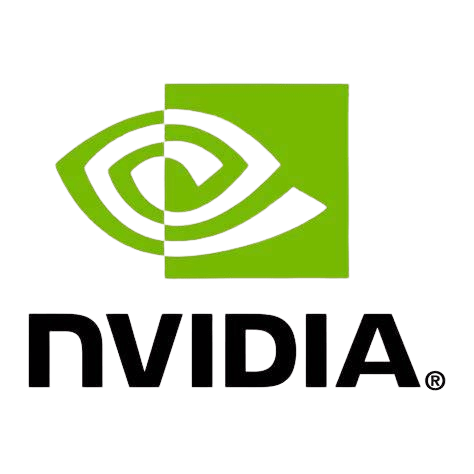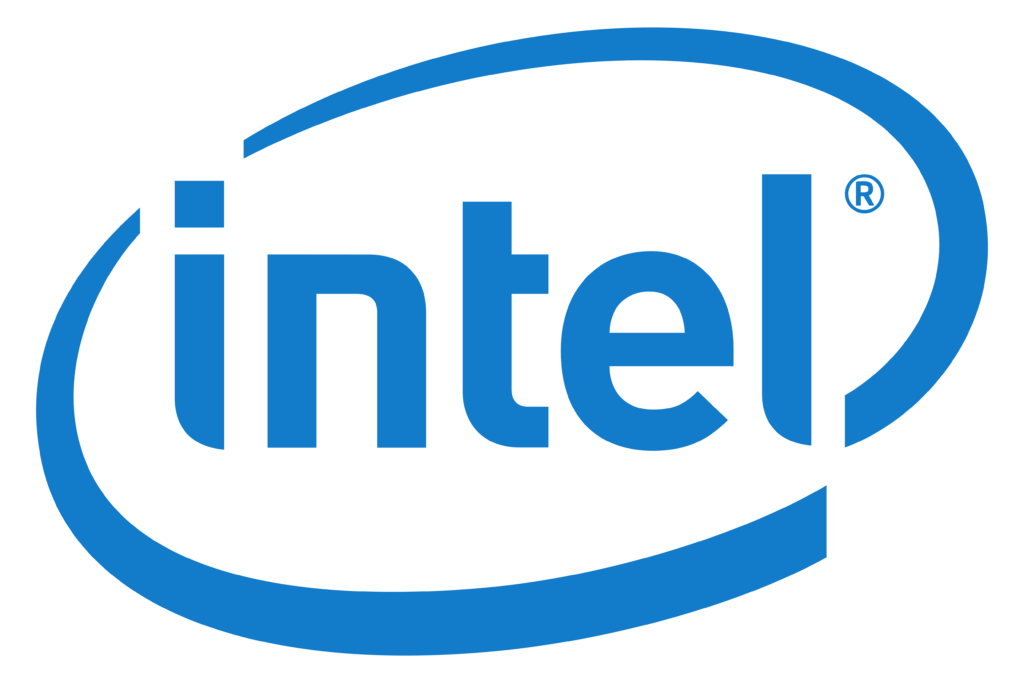Introduction
The tech industry is reeling from an unprecedented financial crisis. Giants like NVIDIA, Intel, Amazon, and Tesla have experienced massive market value losses, reflecting broader economic challenges. This article delves into the staggering $680 billion loss for NVIDIA, Intel’s $25 billion market dip and 15% staff layoffs, Jeff Bezos losing $16 billion due to Amazon’s stock decline, and the broader $2.9 trillion hit to tech companies worldwide. We’ll explore the reasons behind these losses, the economic factors at play, and what the future holds for the tech sector. The focused keyword for this article is Global Tech Recession.
Table of Contents
The Impact on Major Tech Giants
NVIDIA’s $680 Billion Loss
NVIDIA, renowned for its cutting-edge GPUs and AI technologies, has suffered a market value loss of $680 billion. This dramatic decline can be attributed to several factors:


Supply Chain Disruptions
The global supply chain crisis has severely impacted NVIDIA. Semiconductor shortages and logistical challenges have delayed product releases and reduced inventory levels, leading to a decrease in sales. This has significantly contributed to the overall Global Tech Recession.
Reduced Consumer Demand
With the ongoing recession, consumer spending has dipped significantly. As households cut back on non-essential purchases, high-end tech products like NVIDIA’s GPUs have seen reduced demand. This is a key factor in the broader Global Tech Recession.
Competitive Pressures
NVIDIA faces stiff competition from other tech companies developing advanced GPUs and AI solutions. Competitors like AMD have gained market share, further pressuring NVIDIA’s market value.
Intel’s Struggles
Intel, a titan in semiconductor manufacturing, has also faced significant challenges. The company has seen a market value loss of nearly $25 billion and has announced layoffs affecting 15% of its workforce, adding to the Global Tech Recession.


Decline in PC Sales
The global PC market has been shrinking as consumers and businesses delay upgrading their hardware. This trend has directly impacted Intel’s core business, leading to revenue declines and contributing to the Global Tech Recession.
Increased Competition
Competitors such as AMD and ARM-based chip manufacturers have been eroding Intel’s market share. These companies offer innovative solutions that attract customers away from Intel’s products.
Amazon’s $16 Billion Hit
Amazon, led by Jeff Bezos, has not been immune to the financial turmoil. The company’s stock has plummeted, resulting in Bezos losing around $16 billion. This is part of the broader Global Tech Recession.


E-commerce Slowdown
As inflation rises and economic uncertainty looms, consumers are tightening their belts. This has led to slower growth in Amazon’s e-commerce business, which was previously booming during the pandemic.
Rising Operational Costs
Amazon’s vast logistics network is expensive to maintain. Rising fuel prices and labor costs have increased the company’s operational expenses, further squeezing profits.
Tesla’s Challenges
Tesla, the leader in electric vehicles, has also faced significant headwinds, contributing to the overall Global Tech Recession.
Supply Chain Issues
Similar to other tech giants, Tesla has been hit by supply chain disruptions. The shortage of key components has delayed production and delivery schedules, affecting sales.
Market Volatility
The stock market’s volatility has particularly impacted high-growth companies like Tesla. Investor sentiment has been fluctuating, leading to sharp declines in Tesla’s stock price.
The Broader Impact on Global Tech Companies


$2.9 Trillion Market Value Loss
The collective impact on global tech companies has been staggering, with a combined market value loss of nearly $2.9 trillion. This figure highlights the widespread nature of the Global Tech Recession.
Decreased Consumer Spending
As mentioned earlier, consumer spending has decreased due to economic uncertainty. This trend has affected not just the major players but also smaller tech companies reliant on consumer sales.
Investment Pullbacks
Investors are becoming more cautious, pulling back from high-risk tech investments. This shift in investor sentiment has contributed to the decline in tech stock prices and the overall Global Tech Recession.
Inflation and Economic Slowdown
High inflation rates and a general economic slowdown have created a challenging environment for tech companies. Rising costs and reduced consumer spending power have squeezed margins and impacted profitability, further adding to the Global Tech Recession.
Broader Economic Context
Indicators of a Recession
Several key economic indicators point to a recession, which has exacerbated the challenges faced by tech companies and contributed to the Global Tech Recession.
GDP Contraction
Global GDP growth has slowed, with some economies experiencing contraction. This decline in economic activity has had a ripple effect, impacting industries across the board, including tech.
High Inflation Rates
Inflation has surged, driven by supply chain disruptions and increased demand for goods. High inflation reduces consumers’ purchasing power, leading to decreased spending on tech products and contributing to the Global Tech Recession.
Unemployment Trends
Rising unemployment rates in many countries have further strained household finances. With fewer people employed, there is less disposable income available for tech purchases.
Government and Central Bank Responses
Governments and central banks worldwide have implemented measures to mitigate the economic downturn, which can help address the Global Tech Recession.
Interest Rate Adjustments
Many central banks have raised interest rates to combat inflation. While this helps control price increases, it also makes borrowing more expensive, potentially slowing economic growth and affecting the tech sector.
Stimulus Measures
Governments have introduced stimulus packages to support businesses and households. These measures aim to stabilize the economy but may not be sufficient to counteract the broader recessionary pressures impacting the Global Tech Recession.
Future Outlook and Recovery
Short-term Projections
In the near term, the tech industry is likely to continue facing challenges. Supply chain issues, inflation, and reduced consumer spending will persist as significant obstacles, contributing to the ongoing Global Tech Recession.
Long-term Projections
Despite the current difficulties, the tech sector is poised for recovery and growth in the long run. Innovation and technological advancements will continue to drive the industry forward, potentially reversing some of the Global Tech Recession.
Areas Driving Future Growth
Several areas hold promise for future growth in the tech sector:
- Artificial Intelligence (AI): Continued advancements in AI will open up new applications and markets.
- 5G Technology: The rollout of 5G networks will spur innovation in mobile technology and IoT (Internet of Things).
- Sustainable Tech: Increasing focus on sustainability will drive demand for green technologies and renewable energy solutions.
Advice for Investors
Investors navigating this turbulent period should consider several strategies to mitigate the impact of the Global Tech Recession:
Diversification
Diversifying investments across different sectors and asset classes can help mitigate risk.
Focus on Resilient Sectors
Certain tech sectors, such as cybersecurity and cloud computing, may offer more resilience during economic downturns.
Long-term Perspective
Maintaining a long-term investment perspective can help weather short-term market volatility.
Conclusion
The tech industry is experiencing significant financial challenges, with major players like NVIDIA, Intel, Amazon, and Tesla suffering substantial market value losses. These declines are driven by supply chain disruptions, reduced consumer demand, increased competition, and broader economic factors, all contributing to the Global Tech Recession.




